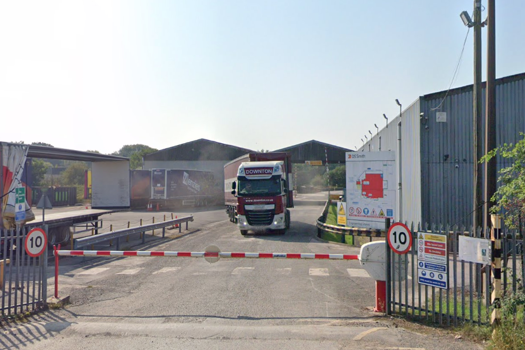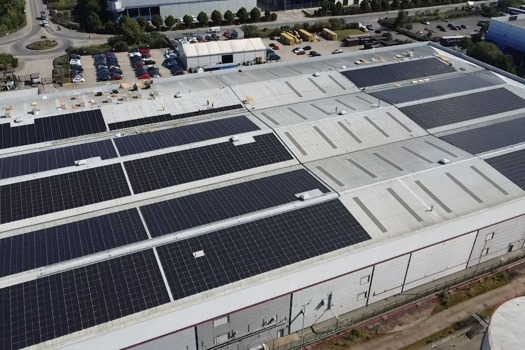However, the global demand for wood is growing at an alarming rate. The WWF claims that global wood consumption will triple by 2050, with demand for paper doubling over the same period. This is due to the projected growth in world population, increased affluence in developing countries and an increase in the use of wood as an energy-only biomass fuel, largely to replace coal in electricity production. This latter use is highly controversial, as some would claim it is not economically or environmentally sustainable. Such is the volume of wood required to power these plants in the UK that it cannot be sourced from Europe – it will be imported from Canada and the USA.
Against this background, the EU has decided to act in order to ensure that all wood used in member states is harvested legally; hence the introduction of the EUTR.
The National Measurement Office has said it does not wish to be prescriptive in the application of these new regulations, but it does intend to be robust. It’s worth bearing in mind that those flouting the rules could face heavy fines and even imprisonment.
But the general principles of the new requirements are clear. All users of wood-based products should use the interim to review existing systems and contracts, establishing new systems to record necessary information from suppliers, as well as establishing systems to pass information on to customers.
FSC and PEFC are changing their systems to bring them into line with the EUTR, which should prompt additional transparency on wood sourcing– especially if it’s harvested in Europe.
For those who purchase paper directly from EU mills, these regulations should not impose a huge bureaucratic burden. But they do add to the cumulative effect of the EU’s insatiable appetite to legislate. This increases costs and hampers the competitiveness of European manufacturing.
Given the projected increase in demand for wood-based products, we welcome the idea of regulating the supply of timber. We need to ensure that forests are managed sustainably – after all, they’re the only proven carbon capture and storage system.
However, we are critical of the delay in producing guidance for implementation of these new regulations. We are also concerned by their complexity and the additional workload for both traders and operators. The potential penalties for non-compliance also seem extreme.
This is an EU initiative and we need to ensure that it is implemented fairly across all member states. This must not become yet another case of ‘gold plating’ by UK regulators.
David Workman is director general of the Confederation of Paper Industries (CPI)
This comment is a response to this PrintWeek Briefing on the introduction of the EUTR rules








